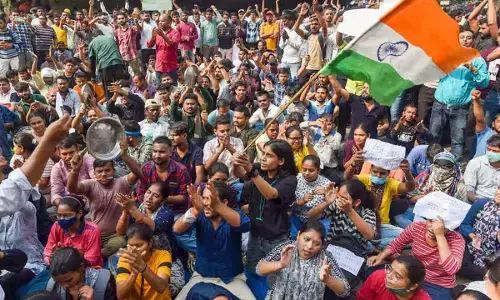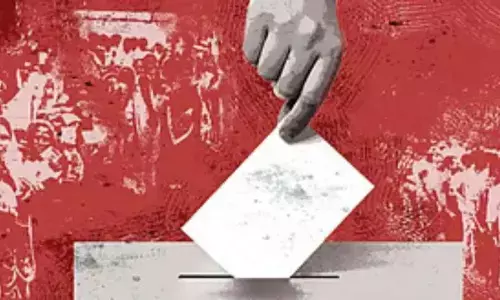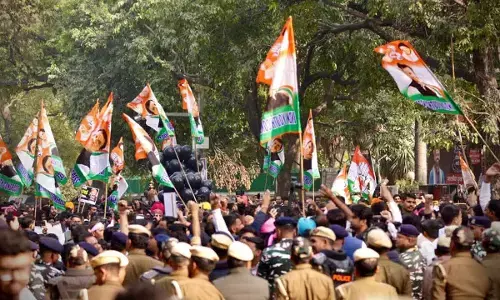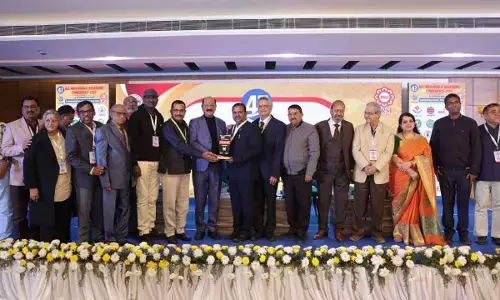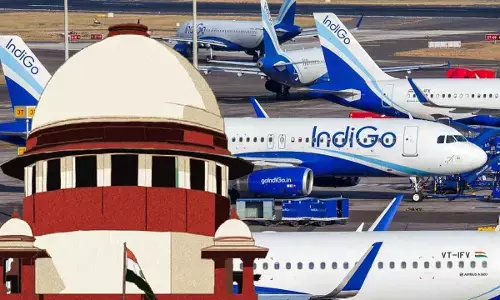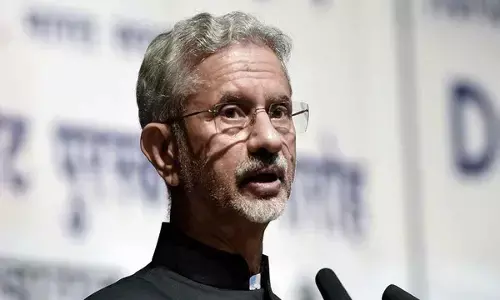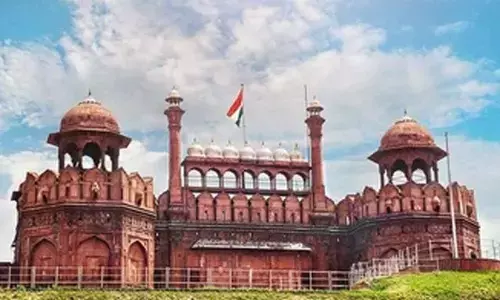Urban Naxalism: Maha govt tables public security Bill proposing jail term, powers to seize assets
Share :
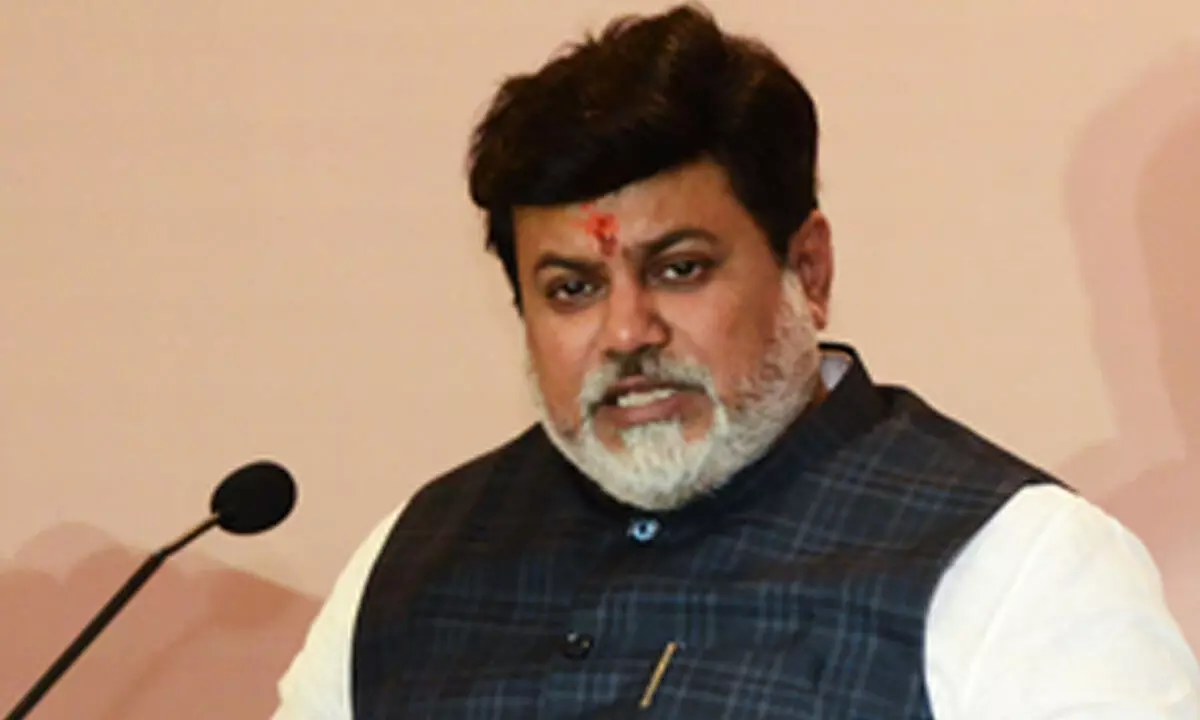
The state government on Thursday tabled the Maharashtra Special Public Security Bill, 2024 in the Assembly to check ‘urban Naxalism.’
Mumbai: The state government on Thursday tabled the Maharashtra Special Public Security Bill, 2024 in the Assembly to check ‘urban Naxalism.’
Tabled in the run up to the Assembly election, the Bill proposes more effective prevention of certain unlawful activities of individuals and organisations and banned 48 frontal organisations.
The Bill is crafted on the lines of the Public Security Act passed by Chhattisgarh, Telangana, Andhra Pradesh and Odisha for effective unlawful activities of Naxal frontal organisations or similar bodies.
The Bill was tabled by state minister Uday Samant.
The government has said the legislation was necessary to control the unlawful activities of frontal organisations by effective legal means as the existing laws are ineffective and inadequate to tackle the Naxalism menace.
“The seized literature of Naxals shows safe houses and urban dens of the Maoist network in cities of Maharashtra.
“The activities of Naxal organisations or similar organisations through their united front are creating unrest among the common people to propagate their ideology of armed rebellion against the constitutional mandate and disrupting public order in the state,” reads the Bill.
According to the Bill, unlawful activity means any action which constitutes a danger or menace to public order, peace and tranquility or interferes or tends to interfere with maintenance of public order or interferes or tends to interfere with administration of law or its established institutions and personnel.
“Further, unlawful organisation means any organisation which indulges in or in pursuance of its objects abets or assists or gives aid or encourages directly or indirectly through any medium, devices or otherwise, any unlawful activity.
“If a member of an unlawful organisation takes part in meetings or activities of any such organisation or contributes or receives or solicits any contribution, shall be punished with imprisonment for a term which may extend to three years and shall also be liable to fine up to Rs 3 lakh.
“Those who manage or assist in the management of an unlawful organisation or promote or assist in promoting a meeting of any such organisation or any member who indulges in any unlawful activity shall be punished with imprisonment for a term which may extend to three years and liable to fine up to Rs 3 lakh,” it adds.
It further states that those who commit or abet or attempt to commit or plan to commit any unlawful activity of such unlawful organisation shall be punished with imprisonment for a term which may extend to seven years and also be liable to fine up to Rs 5 lakh.
“If the organisation has been declared an unlawful organisation by the government and later confirmed by the Advisory Board, the District Magistrate (DM) or the Commissioner of Police (CP) may notify and take possession of places used for the purpose of unlawful activities and evict any person found in this connection.
“The DM or CP while taking possession of notified places shall also take possession of movable property including money, securities or other assets.
“Further, the government will have powers to forfeit funds of an unlawful organisation if it is found in the enquiry that money, securities or other assets are being used or intended to be used for the purpose of an unlawful organization,” it states.
The government will have powers whereby the officer selected may enter upon any premises of the person to whom the order is directed, examine the books of moneys, securities or other assets which are being used or are intended to be used for unlawful organisation.
“A copy of an order may be served as per the provisions of the Bharatiya Nagarik Suraksha Sanhita, 2023.
“All offences under the legislation shall be cognisable and non-bailable and they shall be investigated by the police officer not below the rank of a Sub Inspector.
“The Advisory Board comprises three persons who are or have been or qualified to be appointed as Judge of the High Court.
“The government shall appoint the members and designate one of them as the Chairperson.
The Advisory Board shall have the same powers as vested in a civil court under the Code of Civil Procedure, 1908 for summoning and enforcing the attendance of any witness and examine him on oath, the discovery and production of any document or other material object producible as evidence, the reception of evidence on affidavits, the requisitioning of any public record from any court or office and the issuing of any commission for the examination of witness,” it added.
Meanwhile, former Chief Minister Prithviraj Chavan took serious objection against the motion to table and pass the Maharashtra Special Public Security Bill, 2024 on Thursday.
''The Bill has not been circulated in advance so the members should be given a day to read and discuss its provisions,” he said.
He appealed to Speaker Rahul Narwekar not to take up both the Bill and its passage as mentioned in the day's agenda.







